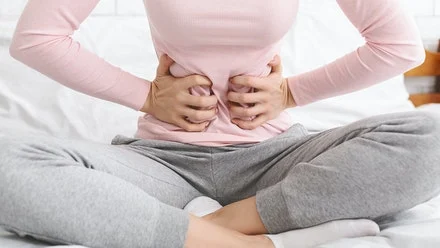4 Best Foods That Promote Ovulation And Signs You Are Ovulating
So whether you’re trying to conceive, want to regulate your menstrual cycles, or balance your hormones and prevent those unpleasant PMS symptoms, you want to create a fertile lifestyle – one that ensures you ovulate regularly, ideally every cycle during your reproductive years.
As always, this lifestyle involves healthy nutrition, regular exercise, sufficient sleep and rest, and a positive mindset.
Signs to Tell if You are Ovulating
You don't need a doctor, just relax after two weeks of your monthly menstruation you may feel the following:
3. Dizziness (feeling of tiredness and sleepiness).
4. Heightened sense of smell taste or vision (you eat more).
5. Abdominal bloating.
6. Light cramps or pain on one side of the pelvis.
7. Increased in se.x drive.
8. Breast tenderness/size increase just like when you're menstruating.
9. Vaginal mucus becomes slippery, If you notice put it in between ur fingers it stretches like thick catarrh or snail mucus.
If you are not experiencing all this likely you are not ovulating.
4 Best Foods That Promote Ovulation
1. Beans, especially black beans(rich in phytoestrogen). The best time to eat it is starting from the day you finish your period (say day 5) to day 11 for about 6 days. This is the period when estrogen rises to support the development and maturation of healthy eggs.
2. Whole grains, especially oats, are rich in vitamins B and E. These vitamins are essential for cellular reproduction, the production of healthy eggs and sperm, and hormone balance.
3. Green leafy vegetables, lentils, and peas contain large amounts of folate. Folate is a nutrient that has been known to help the body make and maintain new cells. It also helps egg quality, therefore raising your chances of getting pregnant, staying pregnant, and preventing neural tube defects in the fetus.
4. Eggs contain essential fatty acids and amino acids that are important for reproductive function. They are valuable sources of protein, essential vitamins, and minerals, all of which can make a significant contribution to a healthy reproductive system.











